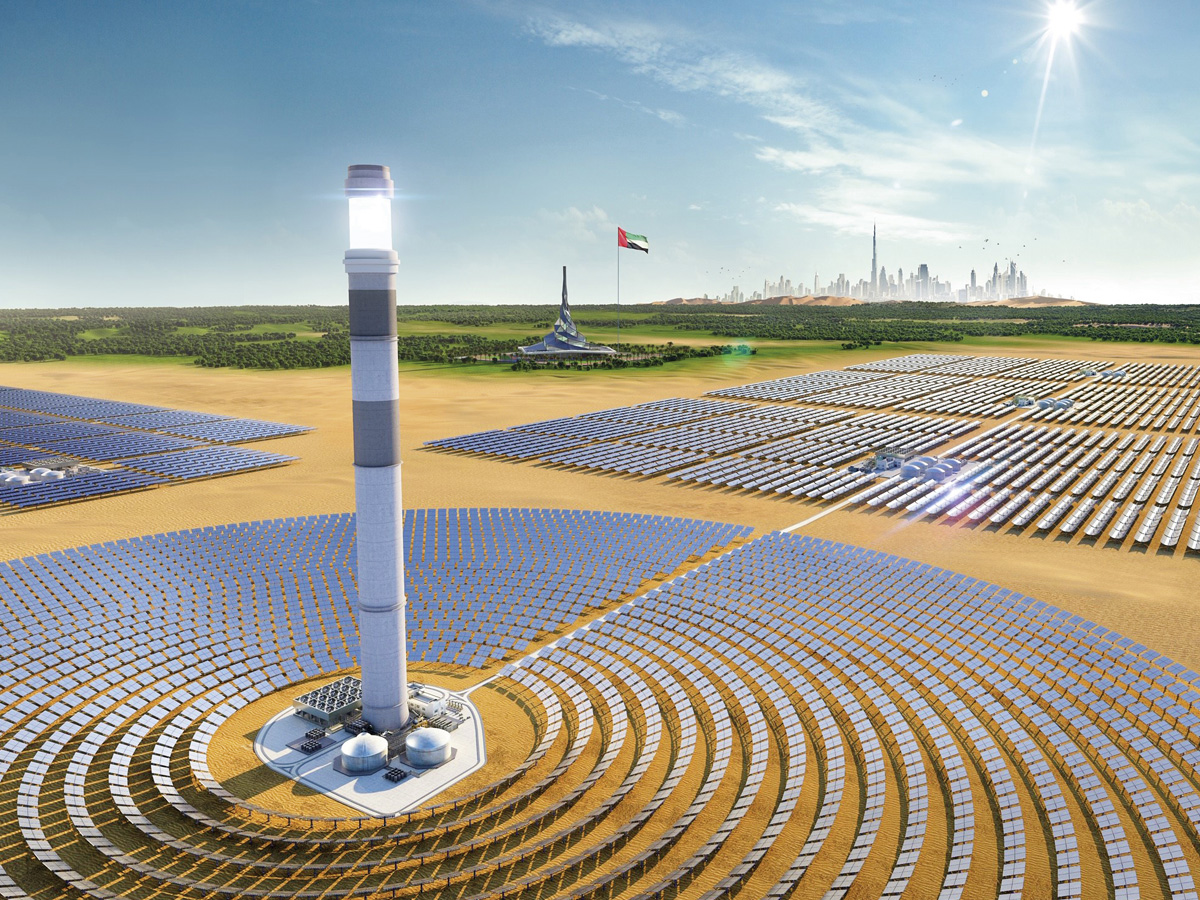The United Arab Emirates (UAE) is embarking on a significant expansion of its clean energy sector, aiming to add a substantial 6.3 gigawatts (GW) of green energy projects to the national grid by 2027. This ambitious plan, unveiled by the Emirates Energy Industries Council (EEC), underscores the UAE's commitment to diversifying its energy portfolio and reducing its dependence on fossil fuels.
The UAE, a major oil producer in the Persian Gulf, has traditionally relied heavily on hydrocarbon resources to meet its domestic energy demands. However, in recent years, the nation has recognized the growing importance of renewable energy sources in ensuring long-term energy security and mitigating climate change. The substantial investment in green energy projects reflects this strategic shift.
The specific types of green energy projects encompassed in the EEC's plans are not yet fully outlined. However, it is anticipated that a significant portion of the new capacity will likely come from solar power. The UAE boasts exceptional solar irradiance levels, making it an ideal location for large-scale solar photovoltaic (PV) installations. Solar energy projects have witnessed remarkable growth in the UAE in recent years, driven by government initiatives and falling solar panel costs.
In addition to solar, other renewable energy sources such as wind and concentrated solar power (CSP) could also play a role in achieving the EEC's targets. Wind energy holds promise in certain regions of the UAE, while CSP offers the potential for large-scale energy storage, a crucial aspect of integrating renewables into the national grid.
The large-scale integration of green energy presents both opportunities and challenges for the UAE's energy sector. On the positive side, the influx of clean energy will contribute to reducing the country's carbon footprint and air pollution. It will also enhance the UAE's energy security by diversifying its energy mix and lessening its dependence on volatile global oil prices.
However, integrating a significant amount of renewable energy into the grid also necessitates grid modernization and energy storage solutions. Renewable energy sources like solar and wind are intermittent, meaning their output can fluctuate depending on weather conditions. To ensure consistent and reliable power supply, the UAE will need to invest in upgrading its grid infrastructure and developing efficient energy storage technologies.
The UAE's ambitious green energy push is not only driven by environmental sustainability considerations but also by economic diversification goals. The development of a robust clean energy sector can create new job opportunities, attract foreign investment, and position the UAE as a leader in the field of renewable energy.
The successful execution of the EEC's plans will be closely monitored by the international community. If achieved, the UAE's green energy targets would represent a significant leap forward in the country's clean energy transition and serve as a model for other oil-producing nations seeking to diversify their economies and decarbonize their energy sectors.

